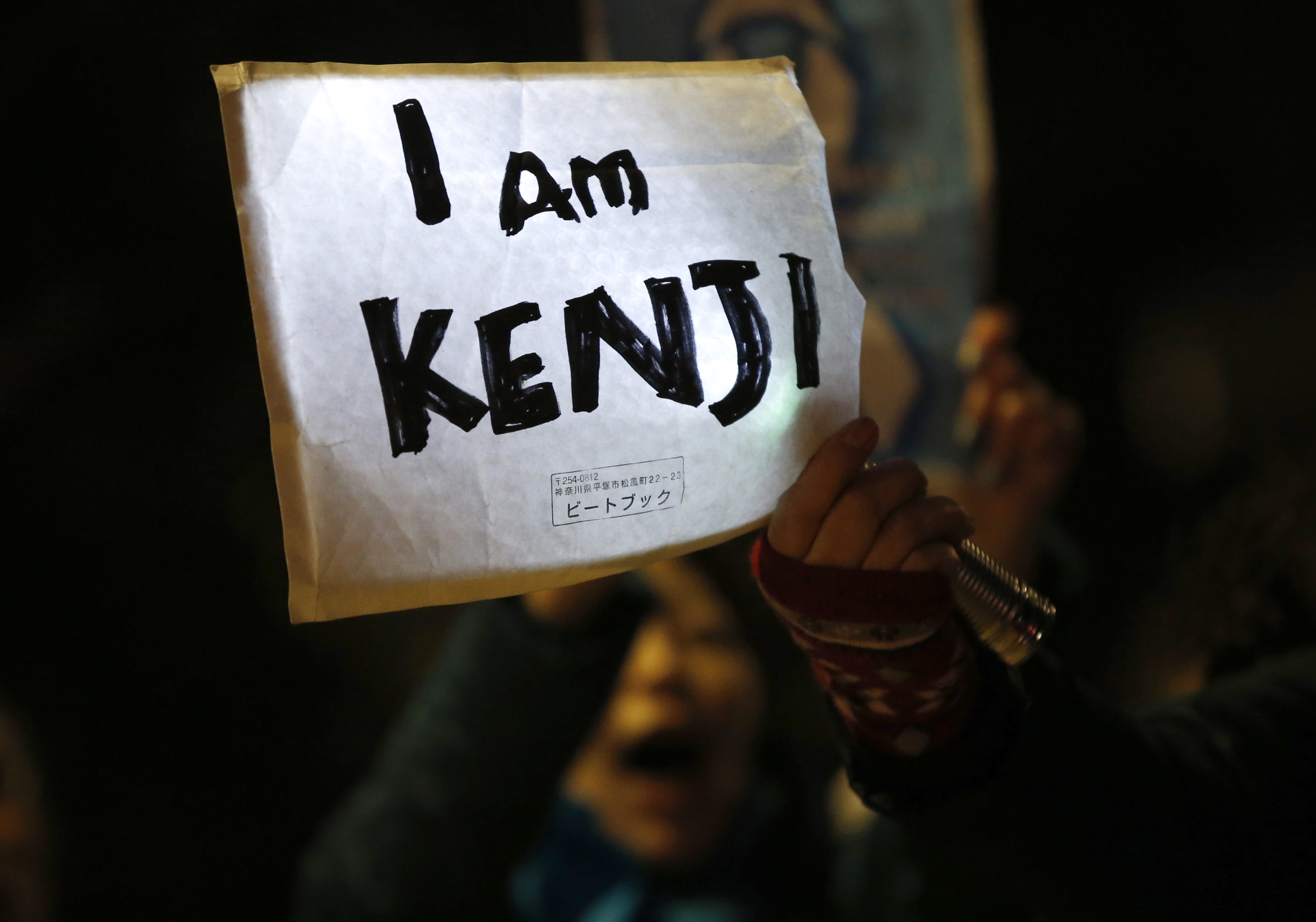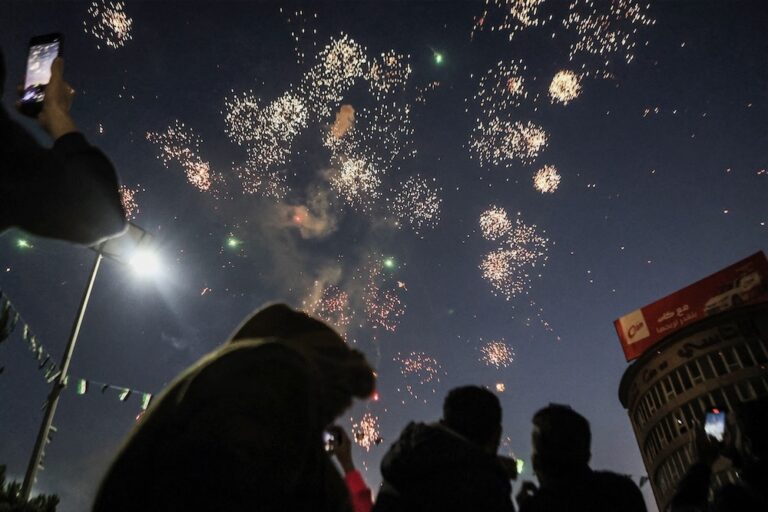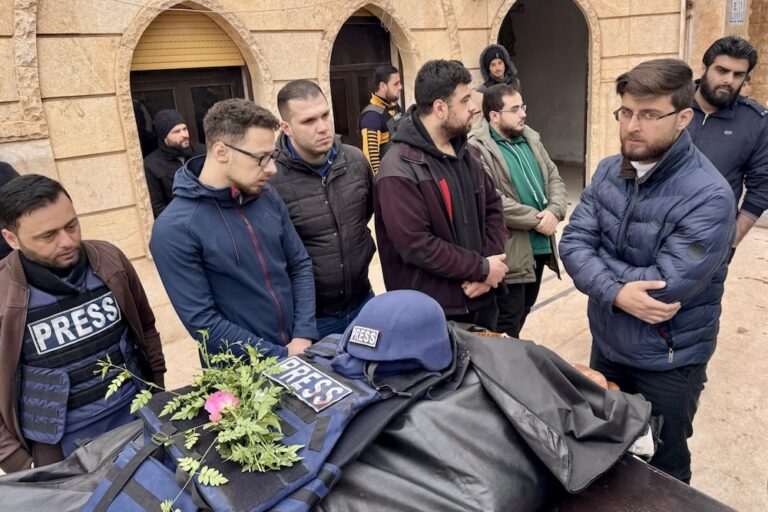The murder of Goto, 42, is a tragic reminder of the dangers facing journalists around the globe who risk their lives to inform.
This statement was originally published on pen-international.org on 2 February 2015.
PEN International is appalled by the murder of Japanese journalist Kenji Goto, 42, by the rebel group, the Islamic State in Iraq and Syria (ISIS). The group released a video showing the beheading of veteran war journalist and writer Goto, who was captured in October 2014 after he travelled to Syria to try and secure the release of security consultant Haruna Yukawa, who was also being held by ISIS. Several other journalists have been killed by ISIS in recent months including Iraqi journalist Mohanad Al-Aqidi and American journalists James Foley and Stephen Sotloff.
President of Japan PEN, Jirō Asada said: ‘PEN Japan condemns the brutal murder of Kenji Goto in the strongest terms. We send our deepest sympathy and condolence to his family and call for peaceful dialogue even in such difficult circumstances. ‘
PEN International Secretary Hori Takeaki said: ‘The safety of journalists must be respected no matter what the situation and any action that endangers their work or their lives is entirely unacceptable. Japan PEN calls for those responsible for the death of Kenji Goto to be immediately brought to justice.’
Syria has been one of the most dangerous countries in the world for journalists since the beginning of the uprising against President Bashar al-Assad’s government in the spring of 2011, now a fully-fledged war. According to the Committee to Protect Journalists, at least 80 journalists have been killed whilst covering the conflict and more than 90 journalists have been kidnapped in Syria.
PEN International President John Ralston Saul said: ‘The brutal murder of Kenji Goto is another tragic reminder of the dangers facing journalists and others around the globe who risks their lives just to exercise their basic right to free expression. Sadly, the murder of Goto is not unique as journalists and others are increasingly living and working in an oppressive landscape for free expression across large parts of the world.’
Journalists and other writers are being killed at an alarming rate around the world. Less than three weeks after the attack in Paris on the office of French satirical magazine Charlie Hebdo, in which 12 people were murdered, the decapitated body of newspaper editor Moisés Sánchez Cerezo was discovered after his abduction from his home in the state of Veracruz, Mexico. Moises Sanchez Cerezo was abducted on 2 January 2015, and was found dead by police several weeks later, on 25 January. Sanchez was a social activist and the publisher of La Union, a weekly report on political corruption and violent deaths in the area. A former police officer confessed to taking part in the killing, which he claims was ordered by a local mayor, who has denied any involvement in the crime.
Working as a journalist in Mexico is fraught with danger as the country faces spiralling levels of violence, much of it stemming from organised crime and the government’s armed offensive against them. At least 67 print and internet journalists, bloggers and writers – including Sánchez – have been murdered in the country since 2004.
The danger faced by writers worldwide is varied and growing in both conflict and non-conflict situations, with at least 35 killed between 2 November 2013 and 2 November 2014. Since that list was compiled, PEN International has learned of the deaths of freelance journalist Aung Kyaw Naing, (known as Par Gyi) at the hands of the military in Myanmar, following his arrest; Luke Somers, a US freelance journalist held hostage by al-Qaida in the Arabian Peninsula who was killed during a failed rescue attempt on 6 December; MNV Shankar, a part-time correspondent of Andhra Prabha in India was beaten on the head with iron rods by unknown attackers on 25 November, and died shortly afterwards and Marcos de Barros Leopoldo Guerra in Brazil on 23 December 2014; a link with articles critical of local authorities on his blog is being explored by police.
PEN is deeply concerned about the safety of journalists across the globe and will continue to promote freedom of expression worldwide and defend the right of journalists and other writers to carry out their work without fear of reprisal.



